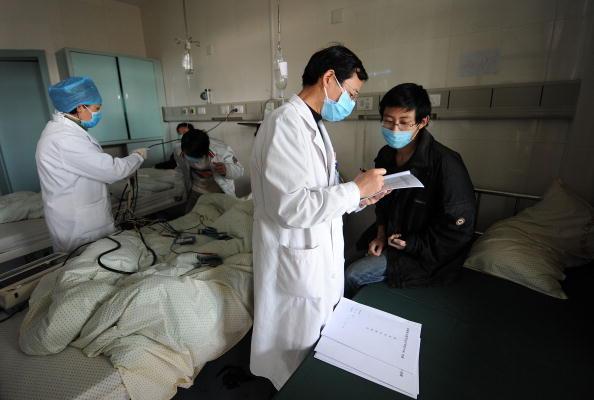Individuals without proper medical credentials posing as doctors were recently found working at a medical examination center in China that is run by one of the country’s largest health care companies.
The fake doctors were revealed by an online article titled “Meinian Healthcare: If a Person Dies, You Can Only Make Money Off Him Once.” The report purportedly was written by a former outpatient department employee of a center run by Meinian Onehealth Healthcare, in the southern Chinese city of Guangzhou. Meinian operates over 200 health care and examination centers in 29 provinces and cities, according to the company’s website.





